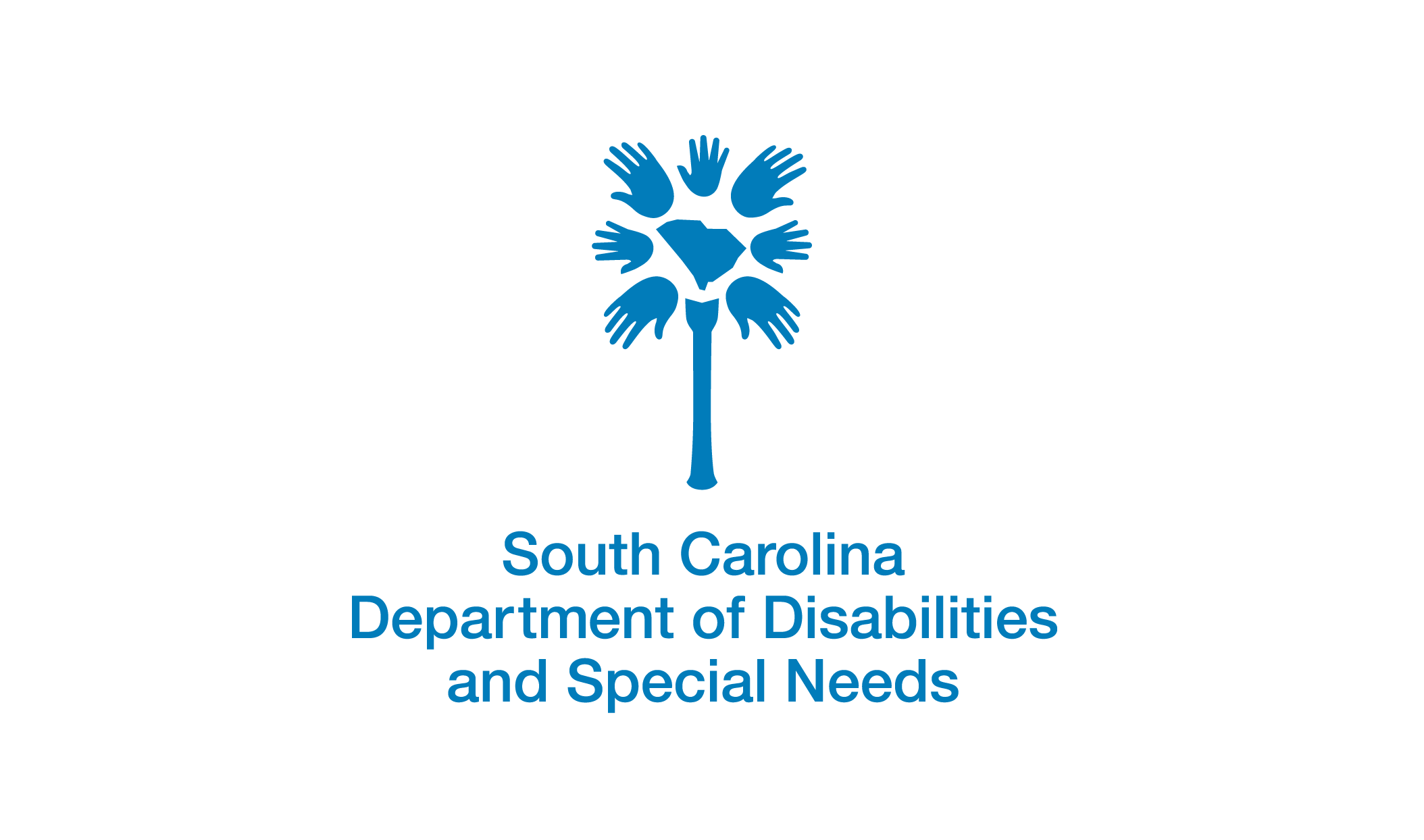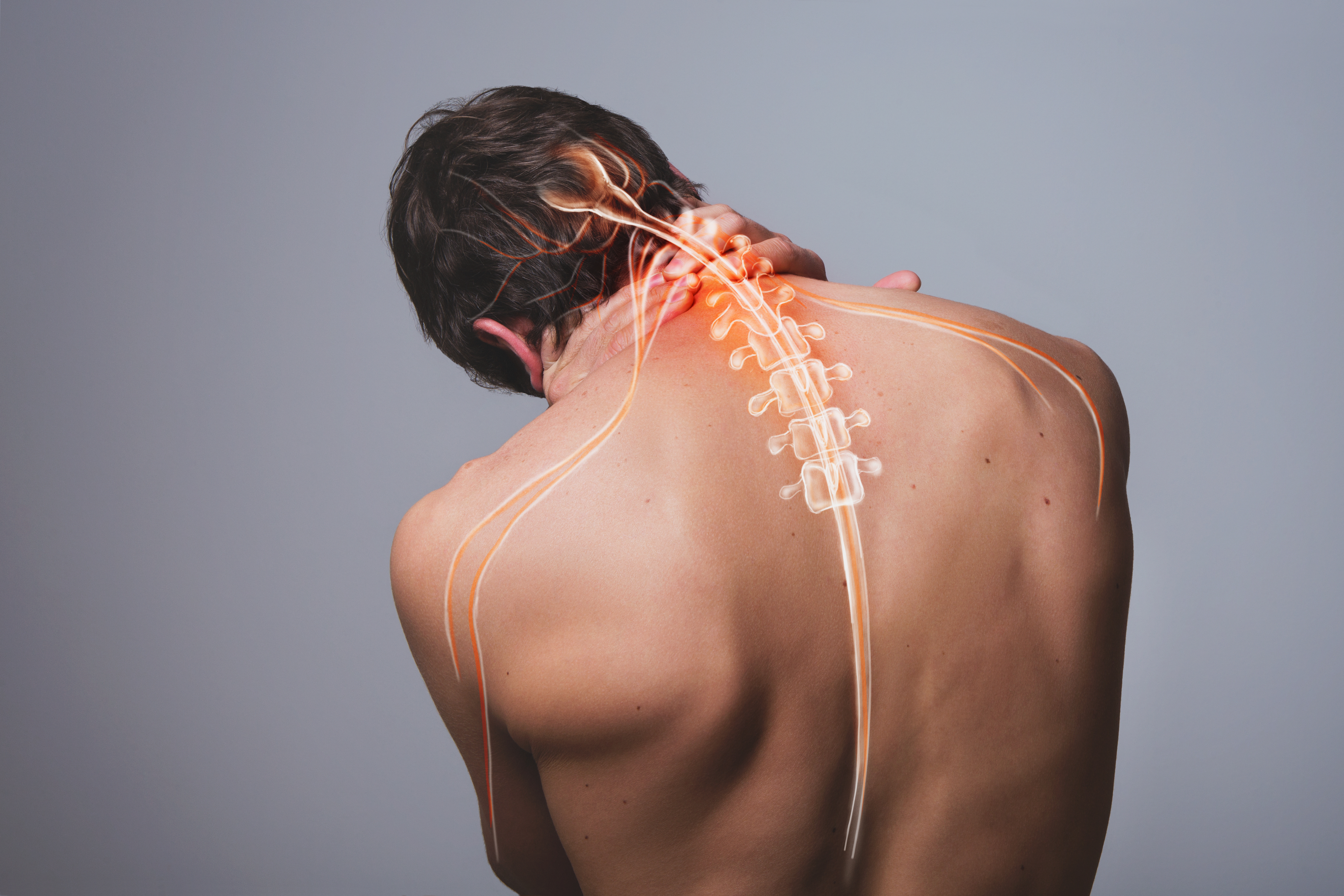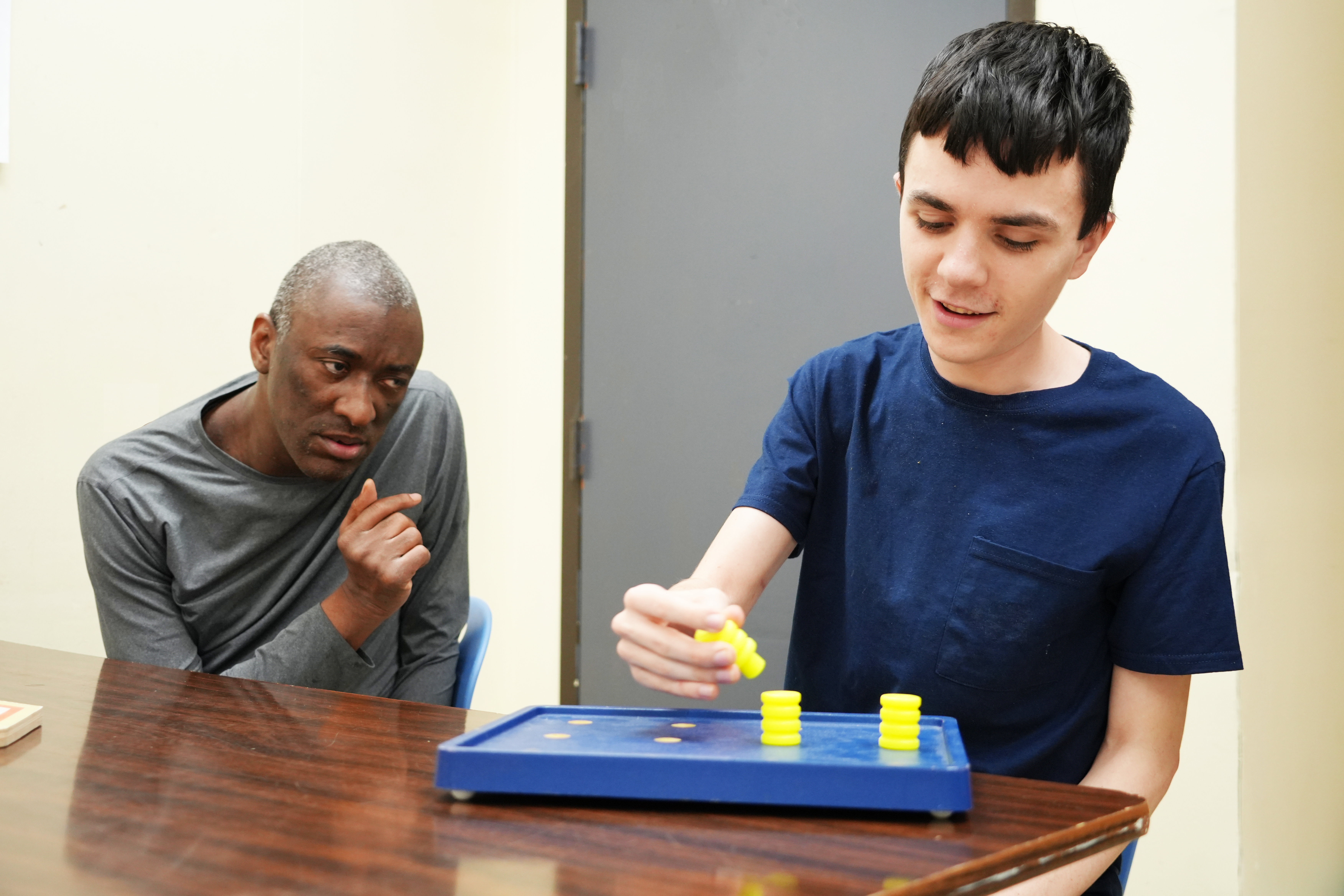Overview of DDSN’s Intellectual & Development Disability Services
DDSN strives to serve all South Carolinians who are eligible for services and to ensure that services meet high standards. The populations served by DDSN include individuals with Intellectual Disabilities, Related Disabilities, Autism Spectrum Disorder, Traumatic Brain Injury, Traumatic Spinal Cord Injury, and Similar Disabilities (disabilities affecting the brain or spinal cord which are not associated with the process of a progressive degenerative illness or disease, dementia, or a neurological disorder related to aging).
The first service is a diagnostic evaluation to determine if a person is eligible for DDSN services (see “Applying for Services”). An intake service provider coordinates this eligibility process (no cost). If qualified, the new individual selects a case manager to help plan needs-based services. A case manager coordinates services with a “person-centered planning” approach, which is built upon the vision of what the individual would like to do in the future.
Upon being determined eligible for DDSN services, a case manager can coordinate some limited services immediately, and developmentally delayed children (ages 3-6) can obtain immediate Early Intervention services. However, the most important services to meet an individual’s lifelong needs are obtained through entrance into a Medicaid service program. The DDSN public service delivery system relies predominately on Medicaid programs to leverage state funding to maximize services available to the individuals served by DDSN. As a result, individuals will need to obtain Medicaid eligibility to access the vast majority of services offered through DDSN.
The Medicaid Programs include both Home and Community-Based (HCBS) and Intermediate Care Facilities (ICF). HCBS Programs are the Community Supports (CS) Waiver, Intellectual Disability and Related Disabilities (ID/RD) Waiver, and the Head and Spinal Cord Injury (HASCI) Waiver (see “Medicaid Home and Community Based Waivers”). These three HCBS waivers serve approximately 12,000 individuals; 4000 in residential settings and 8000 at home with their families. ICFs serve 1140 individuals with intellectual and related disabilities; 480 in community settings and 680 in five state-operated Regional Centers.
An overview of at-home services to enable individuals to remain in their own homes include:
- Early Intervention is a family-focused, in-home service for children age 3 to 6 with developmental delays. An Early Interventionist helps families understand their child’s development and gives specific training to address areas of delay.
- Respite Services provide temporary care to individuals, which allows families or caregivers to handle emergencies, personal situations, or take a break.
- At-Home Supports provide support for independent living, such as access to the community, paying bills, shopping for groceries, accessing medical care, and other personal assistance as needed.
- Employment Services provide assistance to obtain and sustain employment. This service enables people to earn wages and opportunities to interact with non-disabled workers. Employment services include job coaching, work enclaves, and mobile work crew opportunities.
- Adult Day Services provide a safe and healthy environment for people to develop social and personal care skills for more independent and productive lives.
- Individual and Family Support is available to assist individuals and families who incur additional expenses due to the individual’s disability.
Residential services support individuals based on their unique needs, which include:
- Supported and Supervised Living Program Models provide adults with needed support to live in apartments or other (single-family) housing. Supervision and support services are tailored to the person's needs.
- Community Training Home (CTH) Models offer people the opportunity to live in a homelike environment under the supervision of qualified and trained staff. Caregivers are either trained private citizens who provide care in their own homes (CTH-I) or service provider employees caring for individuals in a home operated by the provider agency (CTH-II). A variation of CTH-IIs (up to four individuals) are Community Residential Care Facilities, which normally serve about eight individuals.
- Intellectual Disability/Related Disabilities (ID/RD) Community Intermediate Care Facilities are residences for individuals needing maximum support for their high levels of need. 24-hour care, supervision, training, recreation and other activities are provided in this structured environment.
- ID/RD Regional Center Intermediate Care Facilities are operated by the state at five (5) locations across the state, which provide 24-hour care, supervision, and treatment to the most fragile individuals served by DDSN, with the greatest need for support. Regional Center care is generally recommended only when all other appropriate community services are not available.




